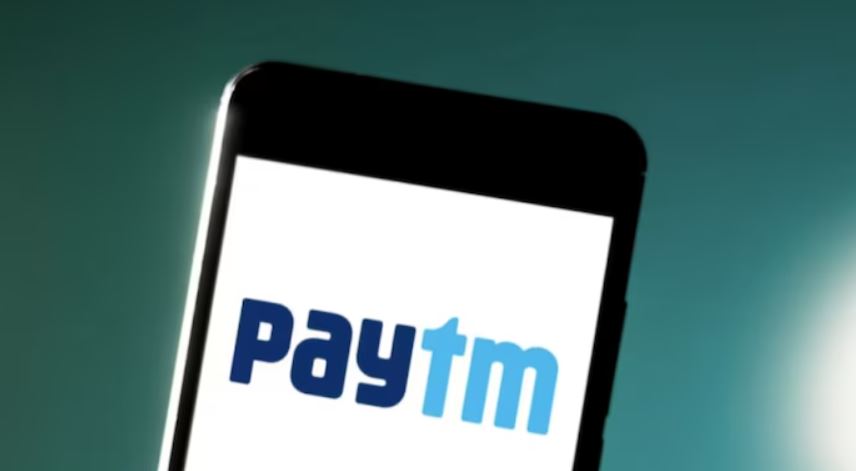At the start of the trading session, Paytm’s shares rose by 5 per cent to 370.70 rupees, marking its most prominent gain in two weeks.

In Short
- Paytm shares rose 5% after NPCI approval to operate as UPI service provider
- Paytm to offer digital payment services in partnership with 4 banks
- Paytm users and merchants assured of seamless transition.
Shares of Paytm surged by 5 per cent, reaching the upper circuit limit on Friday, March 15, after securing approval from the National Payments Corporation of India (NPCI) to operate as a third-party application provider for Unified Payments Interface (UPI) services.
This development came in the wake of Paytm Payments Bank facing regulatory actions leading to the termination of its operations on March 15 due to non-compliance, as directed by the Reserve Bank of India (RBI).
The approval granted by NPCI to One97 Communications, the parent company of Paytm, allows it to offer digital payment services under a multi-bank model in partnership with four major banks; Axis Bank, HDFC Bank, State Bank of India, and Yes Bank.
Under this new arrangement, existing users and merchants will experience uninterrupted service continuity as the “@Paytm” handle will be redirected to YES Bank.
The company, in an exchange filing, assured a seamless transition for users and merchants, urging them to migrate to the new payment service provider banks as required.
At the start of the trading session, Paytm’s shares rose by 5 per cent to 370.70 rupees, marking its most prominent gain in two weeks. Despite this positive momentum, the stock has witnessed a decline in value since late January when regulatory measures compelled Paytm Payments Bank to halt fresh deposits.
Analysts from brokerage firms like UBS and Jefferies weighed in on the implications of the third-party app provider licence for Paytm. While UBS noted that Paytm would now operate similarly to its competitors like Google Pay and PhonePe, Jefferies highlighted the potential necessity for Paytm to utilise its cash reserves to retain customers and merchants, pegged at 85 billion rupees ($1.02 billion).
Global brokerage firms view NPCI’s approval as a positive step, removing the regulatory hurdles for Paytm’s smooth transition. However, uncertainties remain regarding customer and merchant retention and the normalisation process for its lending business.
Despite these challenges, Jefferies remains optimistic about Paytm’s prospects, predicting a modest increase in payment value and app usage, and suggesting that the company is likely to tap into its cash reserves for retention purposes.
“The company’s business model is moving to a pure payment company. Paytm is likely to dip into less than $1 billion cash reserve for merchant/customer retention,” said Jefferies.
This article was published on India today.
Also read: Electoral Bonds: Decoding Congress’s little pockets of resistance














Reader Interactions